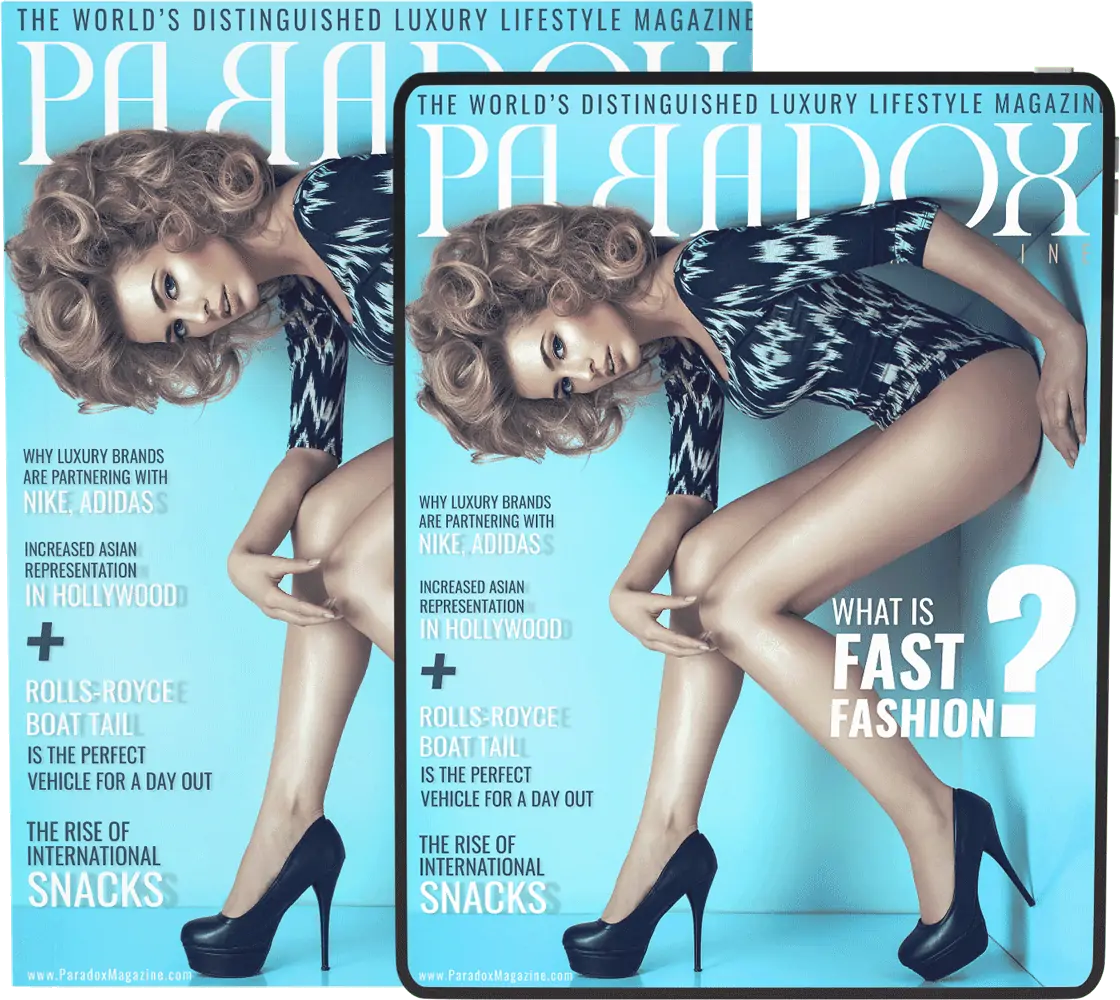Twenty years ago, two college dropouts in Akron, Ohio recorded a rock album and sent it to an obscure label in Los Angeles. The hard part was when Patrick Carney and Dan Auerbach had to learn how to play the music live.
Auerbach and Carney were both in their 20s when they played guitar in a bar band. But Carney was new to drumming before recording “The Big Come Up”, The Black Keys’ first album. It was released in 2002.

Auerbach recalls the Beachland Tavern owners telling them that they had to sell 30 minutes of their show at their March 2002 debut. Auerbach stated, “We’re like ‘No problem’, we got it. “We did everything twice as fast. “Totally blacked out.”
Carney stated, “We did like 10 or more songs in 20 minutes.”
They were invited back to perform again and eventually sold out the venue. It turned out that their failure at college was the best thing that happened to them.
Carney stated, “We realized we weren’t really college-ready.”
They continued to build slowly and steadily from that first show, drawing larger crowds, bigger record labels, and more critical praise for each album.

Grammy-winning duo Dropout Boogie is reminiscing on their early years when they were bonded over music as diverse as Junior Kimbrough, and Captain Beefheart, and played fast and loose in local venues.
Carney laughs, “We wouldn’t be paying for expensive public school if our kids hadn’t dropped out of school.”
The pair operate largely the same way they did in their first record, two decades later. They wrote “Dropout Boogie” mostly in the studio and didn’t bring in much pre-written material. The record’s four or five songs are the first recordings. They learned the importance of the sounds of hill country blues and experimental rock in the ’70s. In recent years, “Dropout Boogie”, their third album in four years, has maintained that creative momentum.

“That’s why our 16-year-old selves kept playing together because it was so easy. It happened instantly. Auerbach said that it was easy.
They collaborated with Billy Gibbons, Greg Cartwright, the Memphis rock band Reigning Sound, and Angelo Petraglia, songwriter and producer, on the new record.
Carney stated, “It opened up an entire world of possibilities like, Oh yeah, our Rolodex is pretty deep,'” “We can call many people and make a lot of music.”
Auerbach stated that ZZ Top’s frontman, who was visiting their Easy Eye Studio in Nashville for the first time, didn’t bring his guitar. He only brought a bottle of wine and got to work right away. The ZZ Top frontman, Auerbach, performed the song “Good Love” solo with a Texas-style blues-rock sound. His guitar screamed with pinched harmonics and thick, distorted bass.

A retired musicologist from the University of Memphis, David Evans, shared with Auerbach rare field recordings of Mississippi blues artists. One song was given to them by Evans. He recorded a Senatobia cheerleading team in the 1970s singing “Hey! Hey, Over There/Your team is looking great/But not as well as ours.”
Auerbach was unable to stop thinking about the lines and decided to cover the album at the end. Sierra Ferrell joined the chorus to provide background vocals. Carney called the attorney after recording the song.

Carney stated, “I was like, ‘We have a position for you.’” “And she was like, What’s that?'” Carney replied. “I need your help to locate the writing credit so we don’t get sued.”
The song was inspired by Bobby Troup’s song “The Girl Can’t Help It”, which Little Richard performed. Troup is credited with songwriting the song “Your Team Is looking Good” by The Black Keys.
Carney joked that it was better to be generous with credit in the litigious world of music copyright.
Carney laughed and said, “We did exactly the opposite of Robin Thicke.” “Take this money from us. We don’t need the money. We want the song.”































